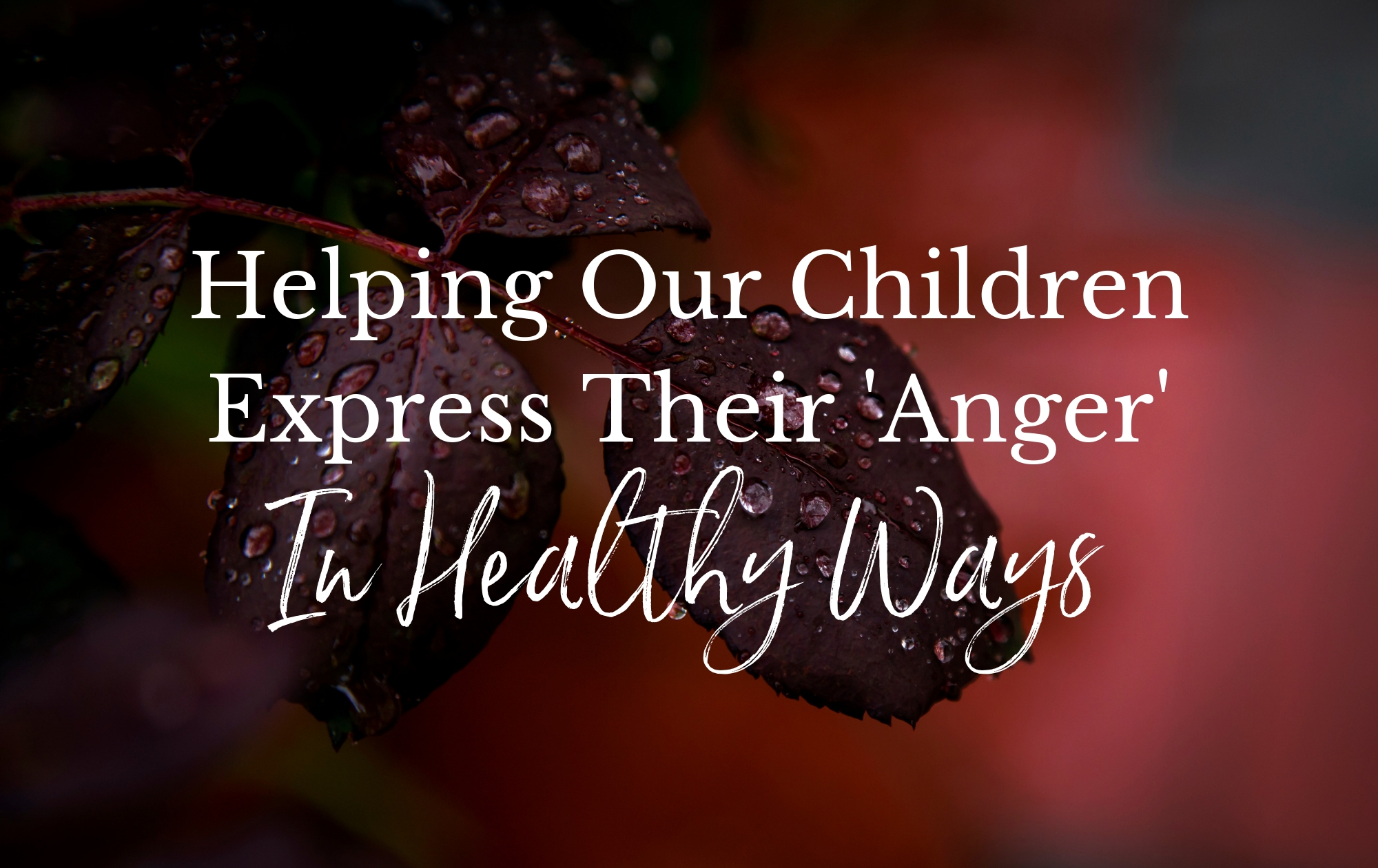Over the years, I’ve worked with so many people who say things like, “I don’t know how to express my anger in healthy ways.”
So many have talked about anger being unwelcome in their homes; about being punished or shamed if they expressed anger or had a tantrum.
How can we help our children so that they have a healthy relationship with their big feelings?
I believe that there are ways we can help our children to be free to express feelings that relate to the following experiences, that release the energy of those feelings from their bodies; without them using harshness, hurting, violence or blaming.
The following types of experiences lead to emotional energy in their bodies of frustration and outrage:
Feeling frustrated (including developmental frustrations);
Not being heard or understood;
Not having choice and autonomy;
Being overpowered (including in medical procedures);
Their physical and emotional ’boundaries’ not being heard or respected;
Being blamed, punished or coerced.
I would name the feelings in these situations as frustration and outrage.
Frustration and outrage are intrinsic feelings that show up when the environment is pushing against one – either when we aren’t yet able to do something, or we’re being overpowered in some way.
Frustration and outrage can be expressed and released in crying, tantrums and big expressions of “no.”
Sometimes a child might need to push their arms or legs to complete the fight/flight process that may have been halted, particularly if they went into freeze when they were experiencing not having power, choice or agency over what was happening to them.
But this is very different to hitting another child, or blaming someone else.
Aggression is what happens when these feelings don’t get to be expressed and heard.
Anger is learnt by children who internalise certain ways of thinking common in our culture – blame, right and wrong, good and bad, deserve and should, punishment and reward.
(I’m so grateful to the work of Marshall Rosenberg, from where I learnt this. He said, “Anger and its cousins, depression, guilt and shame, are all a part of domination systems.”
I wonder if you’d like to feel the difference out in your own body.
If you connect with some issue where you feel outrage around how you or someone else has been treated, where you’re focussing on the sensations in your body rather than about the other person do you feel that in your body? This is a clear sense of, “NO,” of feeling the frustration or no, but it’s not blaming or judging the other person.
How different do you feel when you have thoughts of blame of the other, or moral judgments about the other person, or what they should or should have done or not done, and you’re focussing on them?
Frustration and outrage are feelings in our bodies. Anger that comes from blame, shoulding and judgment means we’re so much more focussed on the other than on our own feelings and needs.
Helping our children to be able to express their valid frustration and outrage in ways that release the feelings from their bodies and don’t hurt others can happen in several ways;
Giving them empathy for their feelings:
“I hear that you feel frustrated.”
Setting loving limits if they are hitting, throwing, pushing or biting:
“I won’t let you hit Russell, and I’m right here and listening. Looks like you’re upset?”
Listening to their tantrums whilst preventing them from hurting others either physically or verbally,
“I’m right here with you, and I’m listening.” “I’m not willing for you to say that to your brother, but I am here to listen to all of your feelings. Let’s go into the other room and I want to hear all about it.”
Modelling expressing our feelings rather than blaming or judging others:
“I felt so frustrated when they swerved in front of me because I want us to be safe.”
Apologising and taking responsibility without self-judgment if we haven’t respected their “no:”
“I’m sorry that I did that. It wasn’t your fault.”
One of the most helpful things we can do to help our children is to increase our capacity to be compassionately present with our own feelings of frustration and outrage that we feel in our bodies.
The more that we feel comfortable with those feelings, the more we’re going to be comfortable with, and mirror, those feelings in our children, which means they’re going to receive loving acceptance for those feelings in themselves in ways that help them express and release them without hurting others.
From a Psychospiritual Parenting perspective, all of this is related to the Will.
Unexpressed feelings around not having agency, choice and consideration get silted up in the willingness channel.
When our children have a silted up willingness channel, they’re less able to cooperate, more likely to turn to aggression, can tend towards powerlessness, submission or ‘wilfulness,’ and can be limited to saying “yes” all the time or “no” all the time later in life.
The more we honour and hear children’s valid feelings of frustration and outrage, and model compassion for these feelings without making judgments or blaming others, the clearer their willingness channel is.
That means they are freer to be willing to cooperate and contribute to others, more deeply connected with their inner barometer of “yes” and “no,” and freer to take action based on their values and callings.
∞∞∞∞∞∞
Here’s my Psychospiritual Parenting Course!
